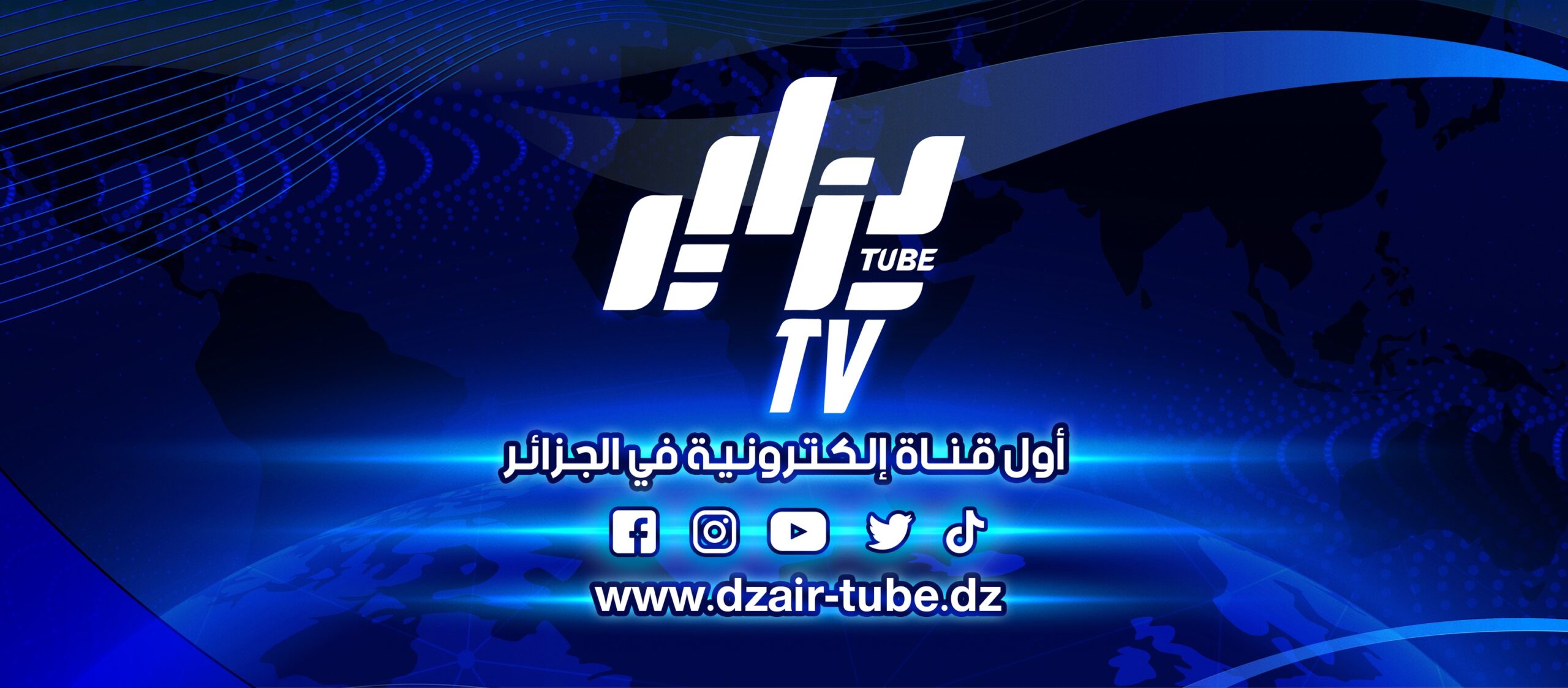BY: Dr. Hana Saada
From Riyadh to Beijing and Milan to Moscow, Algeria is experiencing an unprecedented economic renaissance—securing billions in deals, unlocking strategic sectors, and paving its way to regional leadership.
Algiers, Algeria | April 23rd, 2025 — Algeria is experiencing a profound economic reawakening, marked by a surge of strategic investments, international business forums, and billion-dollar deals that are redefining its global economic standing. The past few weeks have witnessed a whirlwind of high-level meetings, memorandums of understanding, and transformative project announcements—all pointing in one direction: Algeria’s accelerated march toward economic emergence.
On Monday, the Algerian capital hosted the Algeria-Saudi Business Forum, a pivotal event that culminated in the signing of five key memoranda of understanding. But beyond the inked agreements, the forum catalyzed a vital rapprochement between economic operators from both nations. Saudi businessmen, echoing the recent dynamism of their Omani counterparts, expressed strong interest in the Algerian market. Follow-up meetings have already been scheduled to convert that interest into actionable investments.
Later the same day, another major milestone was reached. Malaysia’s Lion Group, led by Executive Director William Cheng, confirmed its intention to move forward with a long-anticipated $8 billion megaproject, which is set to create thousands of jobs. Cheng met with the Algerian Minister of Industry to finalize discussions surrounding this landmark partnership—signaling a definitive step toward execution.
China, meanwhile, has cemented its position as a central player in Algeria’s economic renaissance. The recent Algeria-China Business Forum in Algiers resulted in the signing of eight major agreements in strategic sectors such as automotive manufacturing, motorcycles, railway infrastructure, and agriculture. These accords, also valued at over $8 billion, are already progressing to implementation. One of the standout deals is a joint venture to launch an Algeria-China photovoltaic panel factory, a step forward in Algeria’s green energy ambitions. Other agreements in energy and mining further underscored the depth of bilateral cooperation.
The Chinese automotive giants Jetour and Chery—the latter entering into partnership with Algeria’s Iris Group—have declared plans for imminent manufacturing operations in Algeria, ushering in a new era for the national car industry. Following closely behind, American automotive component giant Aptiv has initiated serious discussions with Algerian authorities to explore local investments in vehicle cable production, further highlighting Algeria’s growing appeal to global manufacturers.
The Algerian diaspora is also mobilizing to play its part. Among the most notable figures is Professor Karim Zaghib, an internationally renowned Algerian-Canadian scientist and one of the world’s leading experts in energy storage. Zaghib aims to launch a lithium-focused subsidiary in Algeria, potentially positioning the country among the elite few—just eight globally—that currently master this highly strategic resource. Should this project move forward, it could create over 100,000 jobs and catapult Algeria into the league of next-generation energy leaders.
This momentum is no coincidence. President Abdelmadjid Tebboune’s recent address to economic operators sent a clear and reassuring message: Algeria is open for business. He pledged to eliminate bureaucratic hurdles, offer institutional support to investors, and provide a conducive environment for sustainable economic growth. This bold call has reverberated beyond Algeria’s borders, drawing a cascade of interest from countries such as Oman, Qatar, Turkey, and Italy, which are already entrenched in significant joint projects.
Russia has now joined the movement. Just yesterday, Algiers hosted an Algeria-Russia business forum, during which a cooperation agreement and a memorandum of understanding were signed between the Algerian Chamber of Commerce and Industry (CACI) and its Russian counterparts. The aim: to boost bilateral trade and attract more Russian investments to Algeria’s growing market.
Algeria’s attractiveness lies not only in its natural resources—vast reserves of oil, gas, phosphate (Tébessa), iron ore (Ghar Djebilet), and zinc (Oued Amizour)—but also in its skilled, low-cost labor force and abundant, competitively priced energy. The Trans-Saharan Gas Pipeline, connecting Algeria to Nigeria and designed to supply African gas to Europe, further bolsters Algeria’s geostrategic relevance.
Meanwhile, Italy has grasped the magnitude of the opportunity, becoming one of Algeria’s most active partners. Rome has invested heavily and is a major player in the SoutH2 Corridor, a pioneering infrastructure project to transport green hydrogen produced in Algeria to Europe, especially Germany—positioning Algeria as a future hub of clean energy exports.
With global actors lining up and concrete investments multiplying, Algeria is no longer a market of potential; it is a land of real-time transformation. The train of development has left the station—and only those onboard will share in the destination of prosperity.
From Riyadh to Kuala Lumpur, Beijing to Rome, and now Moscow and Washington, Algeria’s strategic reorientation and newfound economic magnetism are crafting a compelling new narrative: Algeria, bold, open, and ready to lead.
The era of hesitancy is over. The age of emergence has begun.

